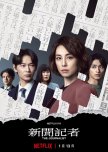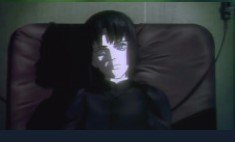
What does it mean to be a member of society? What role does one play in it? What can we do for the society and how does that connect to being a responsible person ourselves?
The show tries to tackle such questions, broadly speaking, in the context of Japan.
Ryoko Yonekura might just be at her best here. She has been known for her charismatic individuality and confident demeanor. Here she manages to embody both the role of a confident journalist with an immutable resolve to represent fresh perspectives, truth, and the voices of the masses, but she is also an empathetic person, all too familiar with the pain that comes with losing their loved ones. Striking a balance between these two personalities is simply exceptional.
The rest of the cast have also done a brilliant job here.
There are many poignant themes in the show:
Jou-ge kankei, or power hierarchy, has been an integral part of the Japanese community. At times, it helps people understand their position in society. But more often, power is wielded in a toxic manner, and one finds oneself as a victim/perpetrator/silent observer of abuse.
But perhaps the most important theme here is guilt: Guilt stemming from forgetting one's principles/ideologies, guilt due to one's passivity in the face of unjust activities.
A minor quip would be that the show does not talk about freelance or independent journalism at all.
On the other hand, we see digital news as harbingers of misinformation and its efficacy in reaching out to a larger audience. Let us note that the printed medium hasn't been glorified in this show.
Was this review helpful to you?




